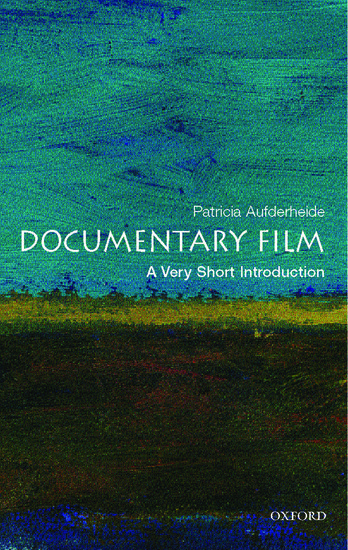
By Patricia Aufderheide
Documentary film both creates and depends on memory, and our memories are often composed of other people’s. How do we remember public events? How do you remember 9/11?
On this anniversary of 9/11, along with your own memories, you can delve into a treasure trove of international television covering the event. The Internet Archive’s “Understanding 9/11” video archive provides a record of international television news in the first week after the event, between 11-17 September 2001. (It starts about an hour before the event.) Eight international channels and 11 US channels (local and national, broadcast and cable) are available for searching, viewing and link-sharing in 30 second clips. Internet Archive made the archival material available soon after the event, and encouraged researchers to use it.
Having been out of the country (trapped for days in Canada, where a substantial portion of lower Manhattan’s population and I were grouped for the Toronto International Film Festival) for the event itself, I had missed a lot of coverage. I seized on the archive to see how my own nation’s television had covered the event while I was watching images of planes grounded on Canadian tarmac.
The theme I picked up, powerfully from Days 3-7, I called “therapeutic patriotism” in “Therapeutic Patriotism and Beyond.” I argued that TV news “assumed a public role of funeral director and mourning counselor for a nation that had, once again, had its innocence shattered.” That innocence was apparently grounded in ignorance: “A whole raft of dark new issues — Islamic fundamentalism, terrorist networks, biological warfare, diversified nuclear weaponry — suddenly seemed to fly into our range of vision just like the second airplane had on our TV sets.”
Television as therapy, I argued, was potentially expensive, because it can excuse forgetting in the name of healing:
Americans have their innocence shattered with astonishing frequency, and reconstruct it with remarkable swiftness. American innocence has been shattered, for instance, with the quiz show scandals, with the assassinations of public leaders, the Vietnam War, Iranian hostages, the Gulf War, the Oklahoma City bombing, with terrorism, computer hacking, and Y2K. And somehow it has been there to shatter again later.
This investment in our own innocence is a feature of deeply-held, widely shared, enduring values of American culture. Cultural historians and literary figures have noted among the myths of American culture the intertwined notions of American exceptionalism, a removal from the ordinary process of history, the ability to have a fresh start that wipes away the past, and anti-intellectualism that is paired with confidence in the practical and empirical. The assumption of American exceptionalism among other things exempts American citizens from perceiving the U.S. as a nation among nations, with a history of geopolitical relationships that are remembered elsewhere, and with ongoing diplomatic entanglements that preclude wiping the past away and having a fresh start. The reverence for the plain-spokenly empirical makes it easy to discount the role of ideology in shaping anyone’s worldview, especially our own.
What’s creepy, reading that at the distance of 11 years, is that television is still the nation’s amnesiac therapist. When the Aurora shooting happen, The Onion published a savage preview of the coverage to come, predicting the sentimental mourning, the calls to resist “politicization” (including discussion of gun laws), and in the words of a (fictional) interviewee, “In exactly two weeks this will all be over and it will be like it never happened.”
Since the first batch of scholarship and journalism making use of the 9/11 video archive, the archive has grown and now includes community and hyper-local video work on 9/11 as well. It’s also been enriched by conference papers and podcasts, related books, and archived websites. Tell your editor. Tell your students. Plunge in. Contribute. This resource is still a rich repository for new documentary work, of all kinds.
Patricia Aufderheide is a professor in the School of Communication at American University in Washington, D.C., and founder-director of its Center for Social Media. She received the career achievement award for scholarship from the International Documentary Association in 2006 and has served as a Sundance Film Festival juror and as a board member of the Independent Television Service. She is the author of Documentary Film: A Very Short Introduction and The Daily Planet: A Critic on the Capitalist Culture Beat, among others.
Subscribe to the OUPblog via email or RSS.
Subscribe to only VSI articles on the OUPblog via email or RSS.
Subscribe to only cinema and television articles on the OUPblog via via email or RSS.
View more about this book on the ![]()
![]()


Recent Comments
There are currently no comments.